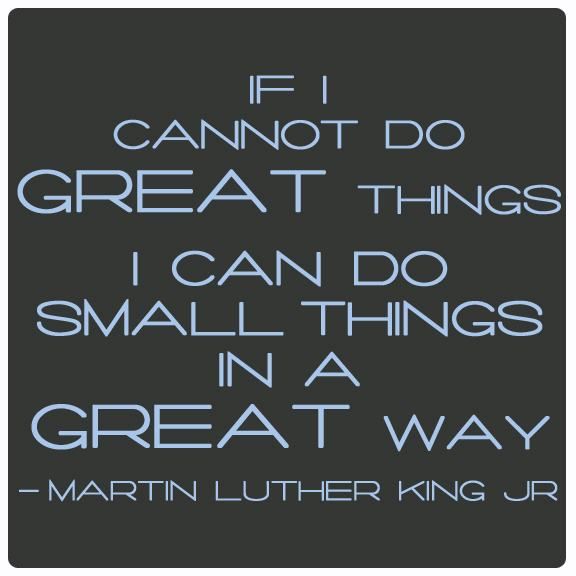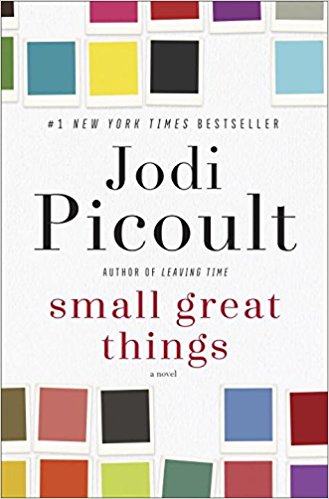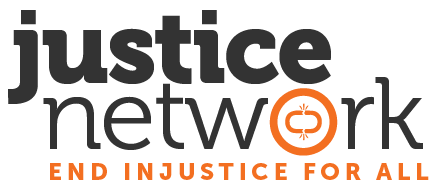
“They’re not like us. They’re more animal than human.”
I sat on the floor, playing Barbies on a shag carpet while a basketball game played on the TV. The conversation around me continued, explaining why there were so many African Americans in the NBA. I heard theories about monkey ancestors and genetic predispositions to sports and athletic abilities. It all seemed very biological. Clearly whites were disadvantaged.
Other childhood memories flash with scenes of propaganda films. Documentaries about the KKK and historical dramas about the first Grand Wizard.
Now, thirty years later, this all sounds so dramatic and foreign. Like I’m describing someone else’s childhood. It didn’t feel like indoctrination; it was just life. It was uncomfortable. It was frightening. And this, my friends, is how racists are made.
Facing Racism
The tragic events in Charlottesville this weekend have spurred many reactions, from fear and anger to grief, disbelief, defense, and even arrogant apathy. Some are shocked that our country possesses racists.
Let me say this: If you’re shocked, you haven’t been paying attention.
Racism is threaded throughout our society and enjoys waves of acceptance.
I’ve considered several different ways to approach this topic and, rather than expound upon the history of racism and the contributing factors (moral, social, or political) that may have fueled this rally, I want to address two specific questions: How does this happen today? and What can we do about it?
A dear friend rightly posted this:
“It is vitally important that we stop talking about White Supremacy as a KKK problem. It is no longer acceptable to be ignorant of the full scope of White Supremacy within society–it shows up everywhere, especially in academia. The individuals marching with tiki torches are future bankers, lawyers, doctors, pastors, theologians, hedge fund managers, senators and congressman. They will raise children to believe that minorities and immigrants are a threat to their way of life. They will critique movements designed to refute White Supremacy as simply a post-modern phenomenon. They will minimize the gospel and suggest that topics like social justice are the work of overzealous liberals.”
Racism is not an education problem. If it were merely an education problem, it would be far easier to solve. But instead we’re dealing with many contributing factors: fear, isolation, arrogance, morality, pride … power.
Education is part of it — clearly I was being taught at a young age on that living room floor. Re-education is important toward fighting ignorance and lack of exposure. That type of education comes by community and relationship, not formal learning. Having an advanced degree does nothing to combat the depravity of hearts and minds.
 Small Great Things
Small Great Things
Jodi Picoult wrote an amazing book that invites readers to explore racism in a very personal way. Small Great Things is a contemporary novel set in Connecticut. In it the lives of three very different people intersect in a highly emotional court case.
A labor-and-delivery nurse with 20 years’ experience is forbidden to do her job because she’s black. This instruction is deemed a “patient preference.” The parents of the infant are White Supremacists. When the infant dies, this nurse is accused of killing the baby in racially-motivated revenge. The nurse’s lawyer, a “color-blind” white woman convinced that civil rights is a chapter in history, insists that discussions of race have no place in the legal system. The perspectives of these three characters — the African American nurse, the neo-Nazi father, and the progressive white lawyer — overlap and intersect as each fights for justice.
If you want to get into the head of a White Supremacist and understand why they do what they do … if you want to get into the head of an African American and understand the realities of systemic racism … if you want to confront subtle ways and rules of white privilege … read this book. It’s powerful.
The book title comes from a quote by Dr. Martin Luther King, Jr.
What are small great things WE can do to fight racial injustice?
Sometimes problems seem so big we don’t know where to start fighting against them. We at Justice Network believe in small steps. We believe in big steps, too! But sometimes the biggest steps must be preceded by little acts of courage and faithfulness. Here are a few small steps you can take.
- SPEAK. Let people know that you do not condone racism or racially motivated actions. Affirm that all people have value regardless of race, gender, or creed.
- STAND. Live a life that proves your words mean something. It’s not enough to just say you value diversity; show it. Refuse to be bullied into silence. Refuse to allow racist actions and micro-aggression against your friends and neighbors go unchallenged. Let persons of color within your sphere of influence know that you stand with them.
- LISTEN AND LEARN. No one knows everything there is to know about racial history, tensions, and justice. Read books to learn more. Engage in safe and challenging conversations. Be the Bridge is a wonderful organization that assists communities toward this goal. Check out their website for resources and guides. Be willing to listen and learn.
- WALK. Find events and activities in your community that promote equality and celebrate diversity.
One last quote:
“It is not the episodic marches and rallies that define white supremacy; it is the ordinary, dull ways that society props up the racial caste system that lead to the most egregious offenses. American citizens, particularly white people, have to realize how they unintentionally allow Charlottesville and white supremacy to happen.”
Read more in this article.
